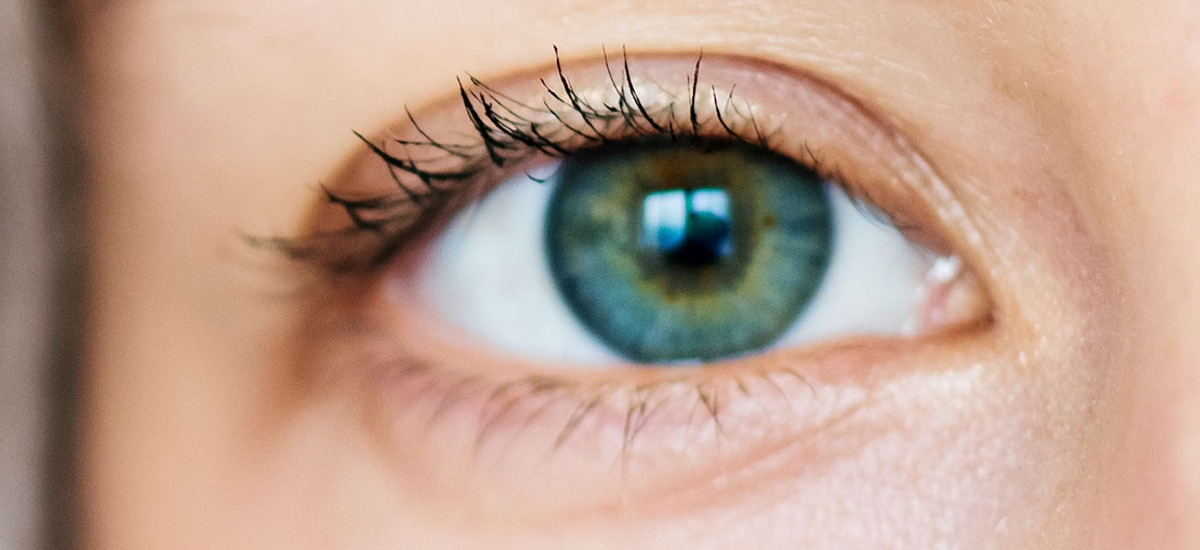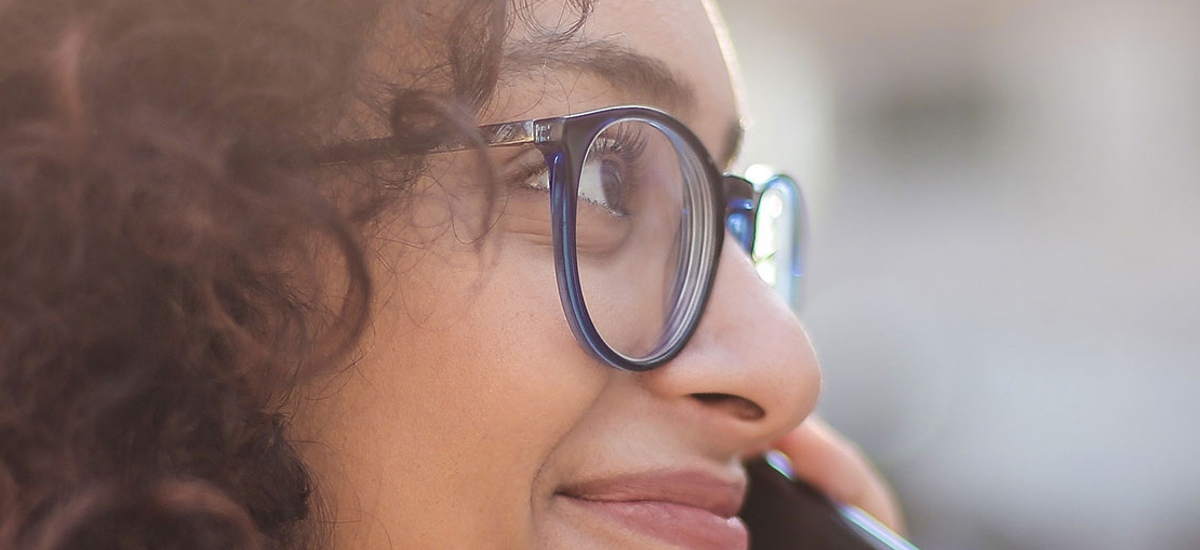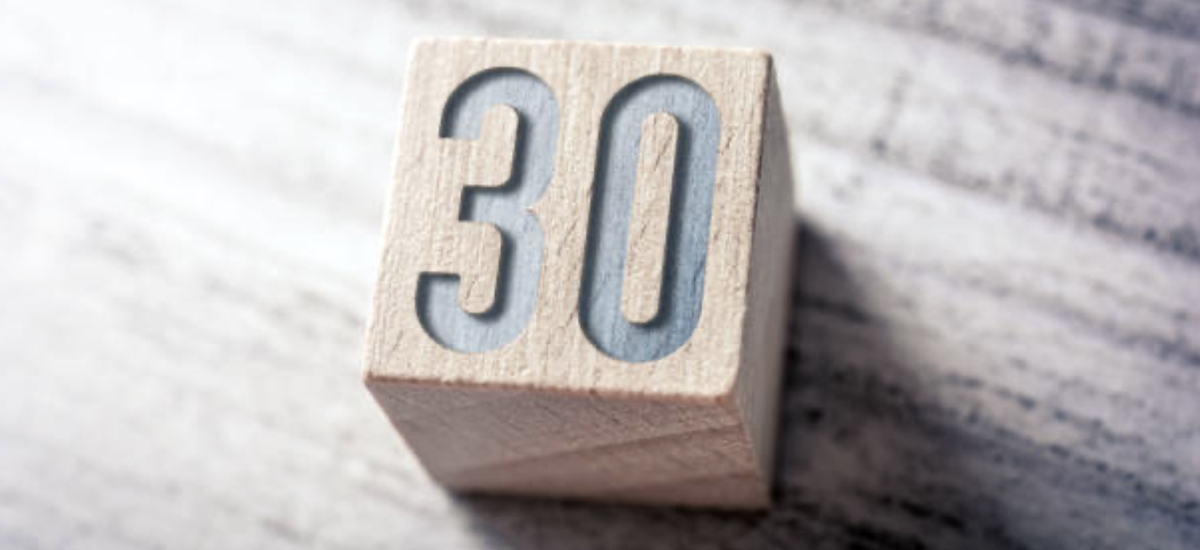Eyeglasses Guide
-
Is It Bad to Wear Reading Glasses When You Have Perfect Vision?
 Reading glasses work wonders for people with presbyopia, a refractive error common to aging eyes. You can get them with or without an eye prescription, and they function by magnifying your near vision so that it’s easier to read and examine objects close to your face.
Is it bad to wear reading glasses when you have perfect vision
Read more...
Reading glasses work wonders for people with presbyopia, a refractive error common to aging eyes. You can get them with or without an eye prescription, and they function by magnifying your near vision so that it’s easier to read and examine objects close to your face.
Is it bad to wear reading glasses when you have perfect vision
Read more...
-
8 Antioxidants for Eye Health
 It’s true: antioxidants are beneficial for your eyes. But with so many options, you might wonder which ones you should start with.
Let’s examine eight antioxidants for eye health (along with their food sources) so that you’ll know just what to add to your shopping cart.
8 Antioxidants for Eye Health
According to the
Read more...
It’s true: antioxidants are beneficial for your eyes. But with so many options, you might wonder which ones you should start with.
Let’s examine eight antioxidants for eye health (along with their food sources) so that you’ll know just what to add to your shopping cart.
8 Antioxidants for Eye Health
According to the
Read more...
-
Are Blue-Light Protection Glasses Worth It?
 Whether you’re soaking up some sunshine or using your computer for school, Blue-violet light* exposure is inevitable. Blue-violet light* is a high-energy light wave that comes close to UV light on the visible light spectrum. While some exposure is okay, Blue-violet light* goes right through the cornea to the retina, which can have a
Read more...
Whether you’re soaking up some sunshine or using your computer for school, Blue-violet light* exposure is inevitable. Blue-violet light* is a high-energy light wave that comes close to UV light on the visible light spectrum. While some exposure is okay, Blue-violet light* goes right through the cornea to the retina, which can have a
Read more...
-
Is Bad Eyesight Genetic?
 The definition of “poor eyesight” may vary from person to person. Some people may call it anything below 20/20 vision (which is considered average), while others may say it’s anything requiring prescription glasses.
Many factors can contribute to poor eyesight, including your environment and lifestyle. But is bad
Read more...
The definition of “poor eyesight” may vary from person to person. Some people may call it anything below 20/20 vision (which is considered average), while others may say it’s anything requiring prescription glasses.
Many factors can contribute to poor eyesight, including your environment and lifestyle. But is bad
Read more...
-
Can Glasses Correct Vision to 20/20?
 Refractive errors are one of the top reasons that people wear glasses. Astigmatism, hyperopia, myopia, and presbyopia can make your vision blurry at different distances, and often, prescription eyewear is the fastest solution.
Once you get corrective lenses, you’ll wish you had them sooner, as they can
Read more...
Refractive errors are one of the top reasons that people wear glasses. Astigmatism, hyperopia, myopia, and presbyopia can make your vision blurry at different distances, and often, prescription eyewear is the fastest solution.
Once you get corrective lenses, you’ll wish you had them sooner, as they can
Read more...
-
Can Wearing Reading Glasses All the Time Hurt Your Eyes?
 Once you enter your 40s, you may become closer and closer to needing reading glasses. Why? People above age 40 are at the highest risk for presbyopia, a refractive error caused by aging eyes.
The idea of needing reading glasses for presbyopia might startle you at first, but there’s no need to worry. Presbyopia affects most people
Read more...
Once you enter your 40s, you may become closer and closer to needing reading glasses. Why? People above age 40 are at the highest risk for presbyopia, a refractive error caused by aging eyes.
The idea of needing reading glasses for presbyopia might startle you at first, but there’s no need to worry. Presbyopia affects most people
Read more...
-
Do I Need Glasses for 20/30 Vision?
 Is it ever challenging for you to see? If so, an eye exam is in order. One of the things your eye doctor will do is a visual acuity test. That will tell them–and you–if you need glasses.
Let’s say you had 20/20 vision at your last eye exam. This is standard vision, which means that you could clearly say what most other people could at a
Read more...
Is it ever challenging for you to see? If so, an eye exam is in order. One of the things your eye doctor will do is a visual acuity test. That will tell them–and you–if you need glasses.
Let’s say you had 20/20 vision at your last eye exam. This is standard vision, which means that you could clearly say what most other people could at a
Read more...
-
Does Wearing Glasses Improve Eyesight?
 If you ask us, glasses are one of the world’s best inventions. They can make someone with poor vision see crystal clear, help people who struggle to see far away, safeguard your eyes from ultraviolet light, and even protect your eyes from the damaging effects of blue light.
Most prescriptions are good for at least a year, but your vision
Read more...
If you ask us, glasses are one of the world’s best inventions. They can make someone with poor vision see crystal clear, help people who struggle to see far away, safeguard your eyes from ultraviolet light, and even protect your eyes from the damaging effects of blue light.
Most prescriptions are good for at least a year, but your vision
Read more...
-
Does Wearing Glasses Make Your Eyes Smaller?
 Did your eye doctor tell you that you need glasses for a refractive error? Don’t worry. Corrective eyewear can clear up your vision and alleviate many uncomfortable symptoms, such as blurry vision and eye fatigue.
In fact, prescription lenses may be just what you need to get your vision back on the right track. But does wearing glasses make your
Read more...
Did your eye doctor tell you that you need glasses for a refractive error? Don’t worry. Corrective eyewear can clear up your vision and alleviate many uncomfortable symptoms, such as blurry vision and eye fatigue.
In fact, prescription lenses may be just what you need to get your vision back on the right track. But does wearing glasses make your
Read more...
-
How to Take Care of Your Eyes Daily
 The definition of eye care is simple: taking reasonable steps to protect your eyes against damage. This may include wearing the right eyewear and having a regular eye exam with an Independent Doctor of Optometry (or optometrist). But the steps on how to take care of your eyes daily don’t stop there.
Let’s take a look at some other steps of eye
Read more...
The definition of eye care is simple: taking reasonable steps to protect your eyes against damage. This may include wearing the right eyewear and having a regular eye exam with an Independent Doctor of Optometry (or optometrist). But the steps on how to take care of your eyes daily don’t stop there.
Let’s take a look at some other steps of eye
Read more...







